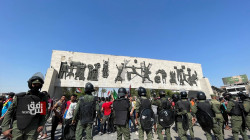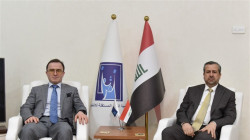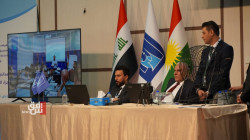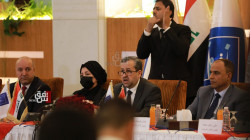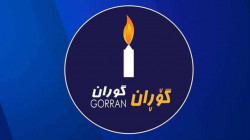After Najaf's letter, Four names cast in the Framework's roster of "settlement candidates" to Premiership
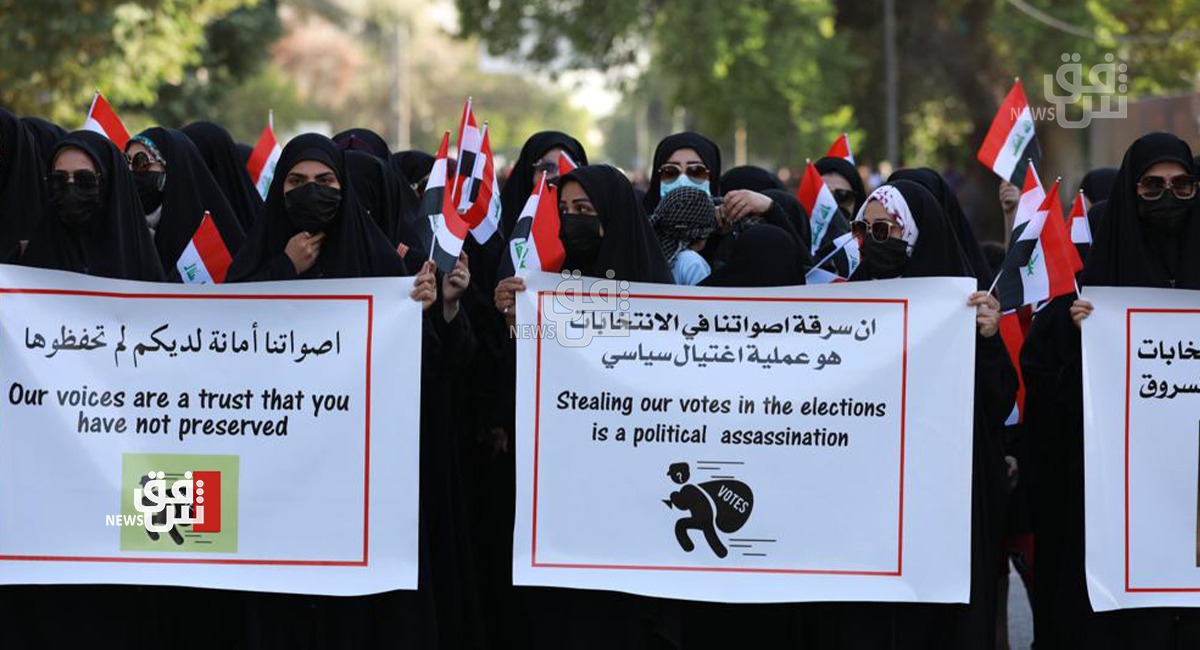
Shafaq News/ The political parties contesting the results of the October 10 polls deliberated a roster of three "settlement candidates" to lead the next government, a source revealed on Monday.
In a statement to Shafaq News Agency, the source, who attended Sunday's meetings at Nouri Al-Maliki's headquarters, said, "according to the data in hand, the Sadrist bloc cannot monopolize naming a candidate for the Prime Minister's office without obtaining the approval of other political parties that will take part in the cabinet lineup."
"Looking for a settlement candidate will be the next step. Yesterday's meeting discussed this option thoroughly," the source added, "some names were proposed: Qassem al-Araji, Abdul-Hussein Abtan, Mohammad Shiyaa al-Sudani, and Tarek Najm. The names will be presented to al-Sadr as well."
"After the Supreme Shiite Authority's letter that prohibited the reinstatement of former Prime Ministers, it is mandatory to choose a settlement candidate. This might not resonate well with the Sadrists who insist upon a candidate who is loyal to Iraq exclusively."
Teetering between the Sadrist movement and the forces of the Cooperation Framework, the features of the next Prime Minister remain uncertain. Moreover, reports emerged about strife inside the Cooperation Framework between the proponents of al-Maliki taking over for another mandate, and opponents to it.
To cap off the evening, the letter of the Supreme Shiite Authority complicated the situation for the Coordination Framework. The letter included an unequivocal statement that prohibits "those who were once at the helm from taking over again under any circumstances," according to a source.
The puppet masters are still capable of pulling strings in Iraq. "It is impossible to form a government from outside this context. A Sadrists cannot form a government without the U.S. and Iran's approval."
The leader of the Sadrist movement, Muqtada al-Sadr, does not intend to monopolize the power, his representative in Dhi Qar Ebrahim al-Jaberi said earlier today.
In a statement to Shafaq News Agency, al-Jaberi said, "he does not have the endeavor to monopolize power. He is known for his patriotism and commitment to work for the people and the country."
"Al-Sadr intends to form an alliance to serve the country on the basis of 'homeland partners'. This opposes what some parties are trying to promote and dispel the concerns of other players in the political process."
"The only reason they promote the anti-Sadrist propaganda is that they fear that the Sadrists take over the scene and reopen corruption files and the repercussions of this step."
In the same context, a source in al-Hanana, al-Sadr's headquarters in Najaf, reiterated a-Jaberi's statements. "The parties that refuse the Sadrists taking over the government are concerned about looking into previous and current corruption files and prosecuting the figures involved in them."
"For this reason, they continuously call for annulling the election results and manually recounting the ballots," he added.
"Al-Sadr has sent many assuring messages to his partners in the political process. Most notably, the negotiations led by a committee he formed himself to seal agreements with all the parties that intend to cooperate with him to form a strong government capable of reconstructing the state and revitalize its productive sectors."
The source undermined some parties' concerns that al-Sadr might intervene in the cabinet's work; "The candidate of the Sadrist movement will be endorsed by the consensus of all the parties. It will not be imposed on any party. This gesture underlines al-Sadr's eagerness to prioritize the country's best interest."
The losing factions had rejected the results of the elections, dismissing them as a sham. Their supporters have been holding rallies in protest of their outcomes in spite of international assertions that the polls were fair and lacked any major violations.
The protests were held as the deadline given by the so-called “organizational committee” of the rallies expires on Tuesday. The committee had given the IHEC three days to “amend the electoral process,” calling for a manual recount of the votes.
Coordination Framework protesters had set up tents near the Green Zone on Saturday for what appears to be an open-ended sit-in in the area.
They had kicked off their protests last week. Supporters of the pro-Iran Fatah alliance are among the demonstrators. The alliance was among the biggest losers in the elections, dropping some 30 seats from 48.
Supporters of former Prime Minister Nouri al-Maliki’s State of Law Coalition, which had emerged as a surprise winner with 34 seats, had also joined the protests.
Informed sources have said that the majority of the protesters are loyal to the PMF and armed factions and that they had taken to the streets at the orders of the higher commanders of the PMF.
Influential cleric Moqtada al-Sadr, who was the victor in the polls, and other winners are wary and have been critical of the protests.
